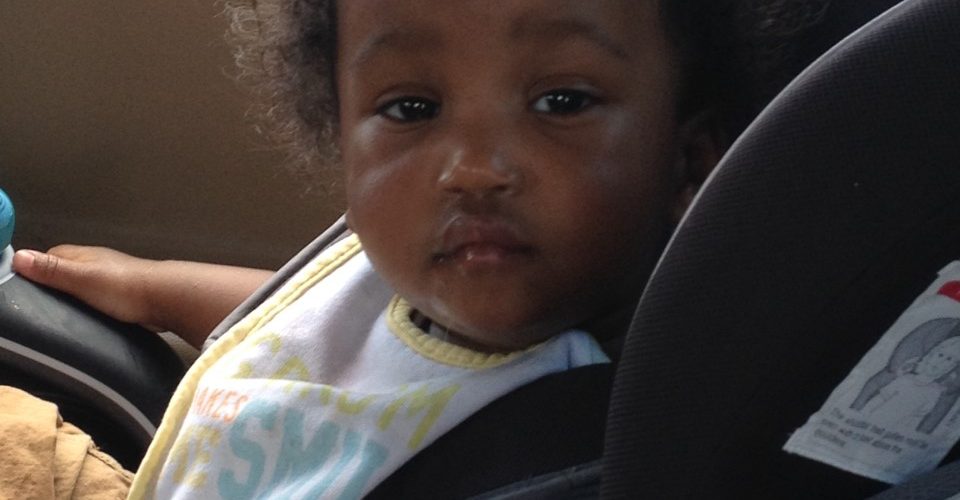Washington, D.C. (Tuesday, June 14, 2022) – As the hot days of the DMV hang over the region, officials are issuing a safety reminder about the dangers of leaving kids and pets in hot cars.
The statistic is alarming. Every nine days across the United States, a child dies while unattended in a hot car. Officials say even if you are simply running into the store to pay for gas, it only takes a few minutes for a car to heat up and become deadly to a child or pet left inside.
“In the summer heat, a vehicle’s interior can reach lethal temperatures very quickly, essentially creating an oven, causing a child’s internal organs to shut down if left unattended inside,” said Ragina C. Ali, Manager of Public and Government Affairs for AAA Mid-Atlantic. “Young children should never be left alone in a vehicle under any circumstances. The same is true for pets. Make it a routine to look twice and check the back seat before you leave and lock the car. If you have to put a reminder note on your dashboard, an alarm on your phone or a stuffed animal in the front seat to remember to take a child out of the car, do it,” Ali added.
Nationwide, more than 1,000 children have died in hot cars since 1990. That’s an average of 38 fatalities per year. It is a tragic reminder. Officials say this tragedy can and has happened to even the best of parents or caregivers who unknowingly leave a sleeping baby in a car. The end result can be injury or even death. Studies have shown about 56% of child hot car deaths were caused by adults forgetting the children and 26% of victims were playing in an unattended vehicle. Heatstroke is the leading cause of non-crash-related fatalities for children 14 and younger.
Some scary statistics:
- To date, 4 children have died from vehicular heatstroke in 2022, according to KidsandCars.org.
- Vehicle heatstroke claimed the lives of 23 children in 2021, 26 children in 2020 (pandemic year) and53 children in 2019.
- A child’s body heats up three to five times faster than an adult’s body.
- A child can die of heat stroke on a 72-degree day.
- A car can heat up by 20 degrees in as little as 10 minutes and become deadly.
- On a 95-degree day a car can heat up to over 180-degrees.
- The seats can reach 162 degrees (temperature for cooking ground beef).
- At 104 degrees internal organs start to shut down.
AAA Mid-Atlantic Urges Motorists To ACT To Prevent A Hot Car Tragedy:
- A—Avoid heatstroke by never leaving a child in the car alone, not even for a minute. Always lock your car and never leave car keys or car remote where children can get to them.
- C—Create electronic reminders or put something in the backseat you need when exiting the car – for example, a cell phone, purse, wallet, briefcase or shoes. Make it a habit to CHECK the back seat EVERY time you exit the car.
- T—Take action and immediately call 9-1-1- if you notice a child unattended in a car.
When it comes to heatstroke, animals are also at risk. Leaving them in a vehicle while you run into a store, take a break at a rest stop during a family road trip or for any other reason, can have deadly consequences. Make no mistake – just because your pet can’t tell you they are in distress, doesn’t mean they aren’t. Animals left in hot cars can face irreversible organ damage, heat stroke, brain damage and, in extreme cases, death.
Signs of heatstroke in dogs and cats can include:
- Panting
- Excessive drooling
- Vomiting
- Reddened gums and tongue
- Rapid heart rate
- Wobbly, uncoordinated movement
Animals are also at a more severe rate of risk when they have factors like age (very young, very old), obesity, poor heart/lung conditioning, are a short-nosed, flat-faced breed, or have a thick hair coat.
